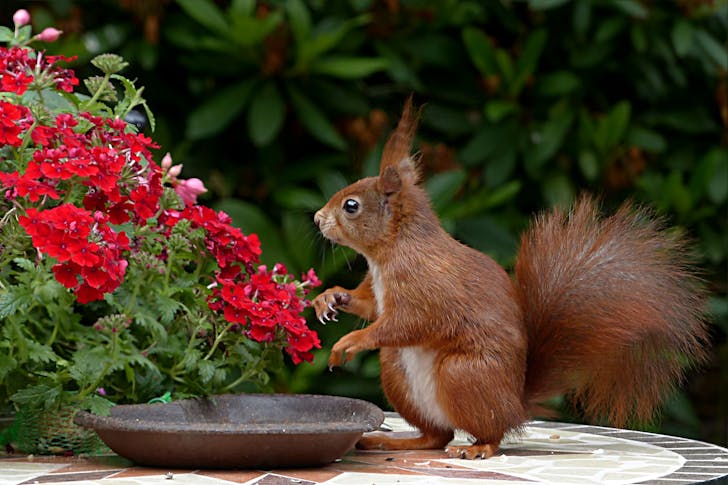How Sharing Animal Memes Can Boost Your Well-Being
Animal memes might seem like simple distractions, but researchers say they can actually support your mental health. A new study compares meme-sharing to penguin courtship, showing how these funny images carry emotional weight.
The study compares sending animal memes to the way penguins give pebbles to mates. Just like the pebble is a gesture of connection, memes are tiny tokens of care. A cute dog gif with a personal note becomes a small act of emotional generosity.
Researchers call this a digital version of affection. Sharing a meme that says “This reminded me of you” helps reinforce social ties.
Animal memes often bring out laughs, but they also trigger deeper feelings of comfort and ease. This happens through something called “digital affective encounters,” which means the emotions you feel are real, even when the image is not personal.
Researchers found that seeing or sending these memes can make people feel less lonely. That warm feeling you get from a happy cat video reduces stress and makes social isolation feel smaller.
Sending a meme doesn’t just cheer someone up. It also makes them feel included. People develop parasocial bonds, meaning they get emotionally attached to characters they only know online.
The study found that when people saw memes featuring “ugly” endangered animals, they were more likely to show interest in saving them.
One example was the proboscis monkey, whose odd face made it meme-worthy. But the joke ended up driving real donations to conservation groups. These memes helped people see the animal as worth protecting.
Social Media’s Impact on Well-Being

Pixabay / Pexels / Over 70% of animal-related stories in the media focus on the “Pet Effect,” which claims pets improve your health. Constant exposure to cute animal content makes people believe in the benefits more strongly.
This effect, called the “availability heuristic,” means people trust what they keep seeing. Repeatedly viewing feel-good pet stories reinforces the idea that animal contact, even online, helps people feel better.
Most animal memes are harmless, but researchers found that a small number have been used to spread bad ideas. Some have carried false information, including anti-vaccine messages hidden in funny formats.
When someone sends an animal meme with a personal caption, it shows emotional thought. It signals that they noticed something specific about the person they are sending it to.
Some people don’t know how to check in with friends during hard times. A meme about a sleepy sloth or a dancing dog becomes a door-opener. These gentle touchpoints help keep conversations going. They give space for people to talk when they are ready.
Beyond laughs, these images tap into empathy. Seeing a hedgehog stuck in a shoe or a duck wearing glasses might seem silly, but it tugs at something deeper. These images humanize animals and give people emotional targets that feel manageable.
This kind of ‘low-stakes caring’ is good for mental health. It gives people something sweet to think about when real life feels heavy.